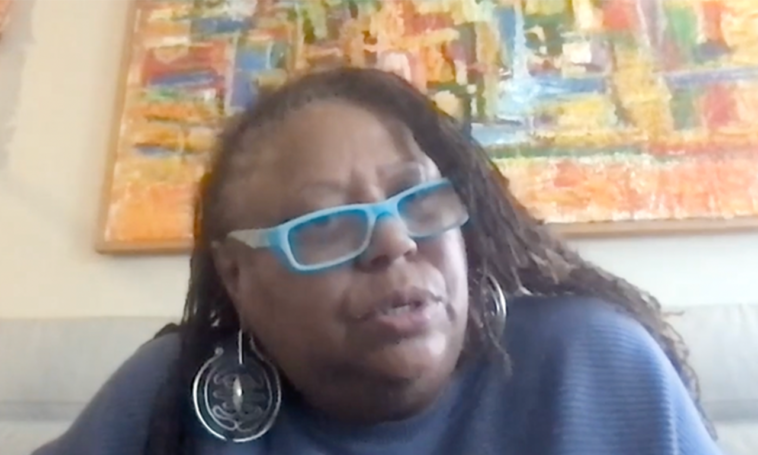Boston Reparations Task Force member says examination of slavery could yield ‘real dollar’ compensation. Boston Reparations task force navigates complexities in examining historical injustices and potential compensation.
As the Boston Reparations Task Force embarks on a comprehensive examination of the city’s historical ties to the transatlantic slave trade, the complexities surrounding reparations come to the forefront.
Led by Democratic Boston Mayor Michelle Wu, the task force has established teams, including historians, with the aim of unraveling the city’s role in slavery and formulating recommendations for reparative justice solutions that may involve compensation for Black residents.
In a recent interview with Fox News Digital, L’Merchie Frazier, a member of the Boston Reparations Task Force and an award-winning artist and poet, provided insights into the multifaceted nature of the reparations discussion.
Frazier raised thought-provoking questions about the “calculation of compensation for every second of enslavement, emphasizing the need to assign a dollar value to the historical injustices endured.”
Her reflections underscore the moral, historical, and economic dimensions inherent in the reparations dialogue.
Mayor Michelle Wu’s commitment to addressing historical injustices is evident in the establishment of the Boston Reparations Task Force, which includes a dedicated team of historians.
Frazier, tasked with evaluating these historians, highlighted the importance of their role in providing a well-researched foundation for the task force’s decisions. The historians’ evaluations, conducted by city staff and task force members, ensure that the information gathered is reliable and informative, contributing to an informed decision-making process.
Frazier clarified that the task force’s mandate is not to enact policy or oversee distribution but to conduct a comprehensive examination. The budget of $500,000 allocated to study the issue reflects the city’s commitment to delving into the complexities of reparations.
Frazier emphasized that the task force’s approach involves not only historical research but also engagement with the community to understand the lived experiences of its members. This combination aims to produce a comprehensive report of recommendations for reparative justice solutions.
The historical examination conducted by the task force is a critical component of the reparations discussion. One of the teams is dedicated to researching Boston’s role in the transatlantic slave trade, shedding light on the city’s historical ties to slavery. The task force’s commitment to historical accuracy is pivotal in ensuring that any recommendations are grounded in a nuanced understanding of Boston’s past.
Frazier acknowledged the moral dimension of reparations, referencing James Baldwin’s concept of America’s moral credit and Martin Luther King Jr.’s emphasis on the moral compass. She underscored the need to address contemporary challenges such as education, health disparities, and the wealth gap through reparations. Frazier stressed that the process is intricate, involving an examination of land rights, documents, and archives.
Monetary compensation, a central aspect of the reparations debate, poses significant challenges. Frazier acknowledged the complexity of determining compensation, posing questions about the starting point and the recipients.
The nuanced perspective conveyed by Frazier reflects the intricate nature of the reparations dialogue, where historical accuracy, moral considerations, and the complexities of calculating compensation intersect.
Frazier’s interview with Fox News Digital came after her statement that “Boston is on trial to redress historical injustices” stemming from chattel slavery. The task force’s examination of Boston’s history and its commitment to reconciliation mark a significant step in addressing the historical legacy of slavery.
As municipalities and states across the country explore reparations, Boston’s initiative contributes to the broader national conversation on acknowledging and redressing historical injustices.




Join the Community and Be a Part of the Conversation
You must be logged in or registered to post a comment.